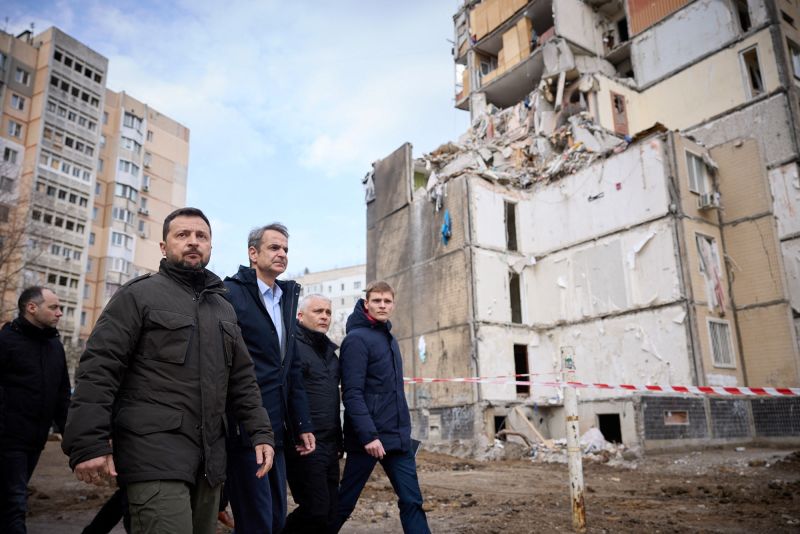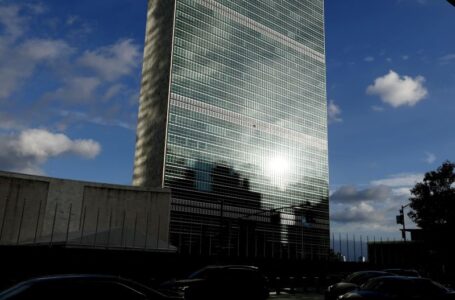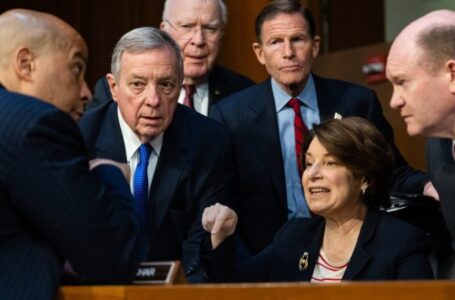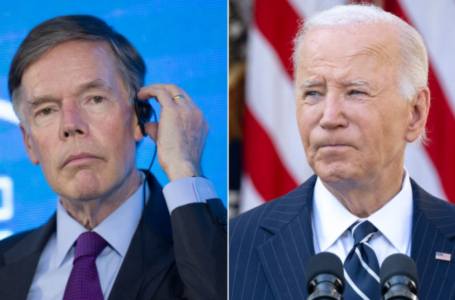Deadly Russian missile struck close to Zelensky and Greek leader’s convoy


A Russian missile exploded close to a convoy carrying Ukrainian President Volodymyr Zelensky and Greek Prime Minister Kyriakos Mitsotakis during a deadly attack on the Black Sea port city of Odesa on Wednesday.
The group felt the impact of the strike and saw a “mushroom cloud” of smoke, according to a source familiar with the situation, who put the location of the strike around 500 meters from the convoy.
Zelensky frequently makes high-risk trips to the front lines and has welcomed dozens of world leaders to Ukraine over more than two years of war with Russia, but Wednesday’s attack may represent one of the closest calls for the president. The strike’s proximity to Mitsotakis – the leader of a NATO member state – also underlines the dangers of such visits and potential global repercussions of the conflict.
Zelensky said he was close enough to see and hear the strike.
“We saw this strike today. You can see who we are dealing with, they don’t care where they strike. I know that there were victims today, I don’t know all the details yet, but I know that there are dead and wounded,” Zelensky said from Odesa on Wednesday.
“We need to defend ourselves first and foremost. The best way to do that is with an air defense system,” he added.
Mitsotakis said Zelensky had given him a tour of the southern city, which has sustained huge damage from months of Russian strikes, before they heard air raid sirens.
“Shortly after, as we were getting into our cars, we heard a big explosion,” Mitsotakis told reporters later Wednesday. “I think that for us is the best, most vivid reminder that there is a real war going on here. Every day there is a war, which not only affects the front, the soldiers, it affects our innocent fellow citizens.”
Odesa lies at the mouth of the Danube River and is crucial for Ukraine’s grain exports, which Russia has repeatedly tried to stem since launching its invasion. It is also the main base of Ukraine’s navy.
Russia’s Defense Ministry said its military had conducted the strike at 11.40 a.m. Moscow time (3.40 a.m. ET).
“The Armed Forces of the Russian Federation launched a high-precision missile attack on a hangar in the industrial port district of Odesa, where preparations were underway for the combat use of unmanned boats of the armed forces of Ukraine. The target of the strike has been achieved. The object is hit,” it said in a statement, without mentioning Zelensky or Mitsotakis.
Russia has stepped up its strikes on the region in recent days, and on Saturday a Russian drone attack on an apartment block in the city killed 12 people, including five children, Ukrainian officials said.
Zelensky said the attack pressed home the need to further strengthen the country’s air defenses.
He has often argued that Western leaders need to visit Ukraine to understand the reality of Russia’s ongoing aggression.
Speaking after Wednesday’s strike, Zelensky said he had welcomed Mitsotakis to “honor the memory” of those killed in Sunday’s attack and urged his allies to provide more support.
“The world has enough air defense systems and the ability to produce weapons for defense,” he said in his daily address. “Weapons are needed here to save lives. Solutions are needed now – not some day, but for the people who endure terrorist attacks every day and night.”
In Washington, where US President Joe Biden’s $60 billion request for aid for Ukraine has stalled, the White House said the strike was another sign the war-torn country needed more military assistance, and used it to pressure House Speaker Mike Johnson to bring up a vote on the package.
“This strike is yet another reminder of how Russia is continuing to attack Ukraine recklessly every single day and of Ukraine’s urgent needs, in particular, for air defense interceptors,” a National Security Council spokesperson said. “We again call on the House of Representatives to take action to support Ukraine so that we can provide the Ukrainian armed forces with the equipment they desperately need to defend against these outrageous Russian attacks.”
European Council President Charles Michel condemned the strike as “another sign of Russia’s cowardly tactics,” which he said were “below even the Kremlin’s playbook.”
In May 2022, Michel was visiting Odesa when Russia fired 10 cruise missiles at the region.
This story has been updated with additional developments.











